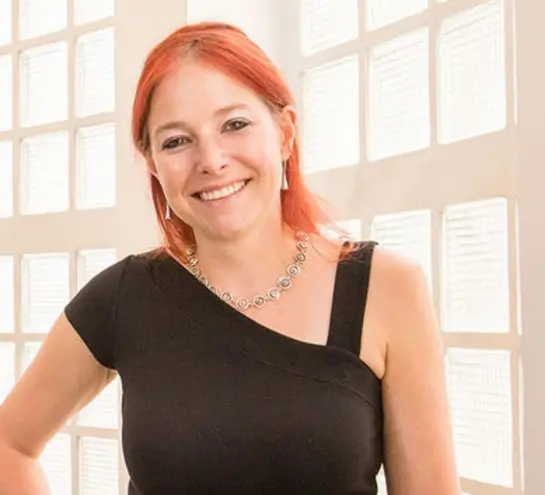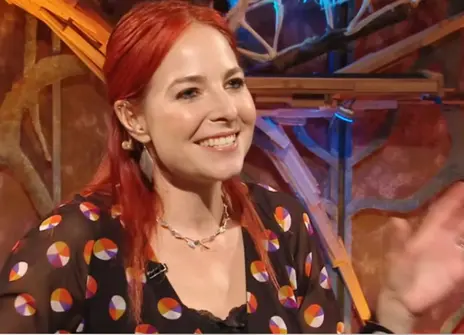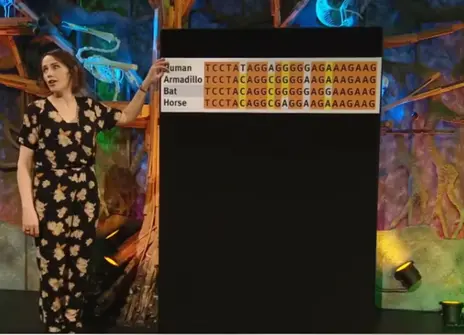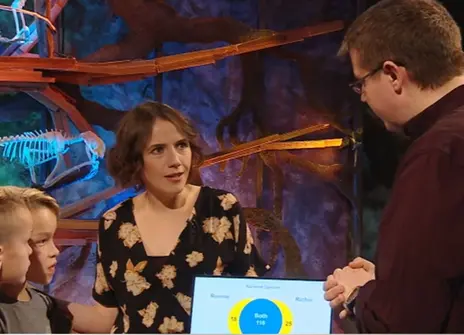Alice Roberts is a biological anthropologist, author and broadcaster. She is professor of Public Engagement in Science at the University of Birmingham.
Alice is interested in the evolution, structure and function of humans, and our place in the wider environment. Having originally studied and practiced medicine in Cardiff, she then became a lecturer at the University of Bristol, focusing on biological, evolutionary anthropology.
Passionate about public engagement with university research and teaching, Alice has been Professor of Public Engagement in Science at the University of Birmingham since 2012. She has worked in public engagement roles with the Wellcome Trust and was a member of the advisory board of Cheltenham Festival of Science for ten years.
Alice is on the Board of Trustees of The Conversation UK, the online newspaper written by academics, and she is a member of the Advisory Board of the Milner Centre for Evolution at the University of Bath. She is also a Patron of Twycross Zoo.
Alice has presented a wide range of biology and archaeology programmes on television. Her television debut came as a human bone expert on Channel 4’s Time Team, in 2001.
After presenting Coast on BBC2, Alice went on to write and present a great range of BBC programmes and series, including 'The Incredible Human Journey', 'Origins of Us', 'Prehistoric Autopsy', 'Ice Age Giants' and 'Digging for Britain', as well as several Horizon programmes. In 2018, she presented the history and archaeology series, 'Britain’s Most Historic Towns', on Channel 4.
Alice has written nine popular science books, including ‘The Incredible Human Journey’, ‘Evolution: the Human Story’, ‘The Incredible Unlikeliness of Being’, and her latest – ‘Tamed: Ten Species That Changed our World’.
As a champion of science communication, Alice has a long-held affection for the Royal Institution and remembers watching the CHRISTMAS LECTURES herself as a child. She believes that science is very much part of our culture – providing us with knowledge about the world around us – as well as being a source of wonderful stories, and helping us to make sense of who we are.



